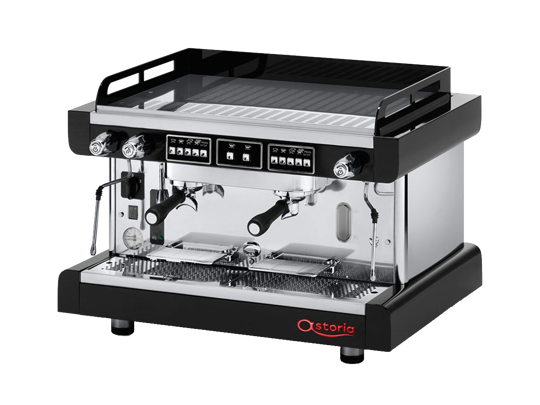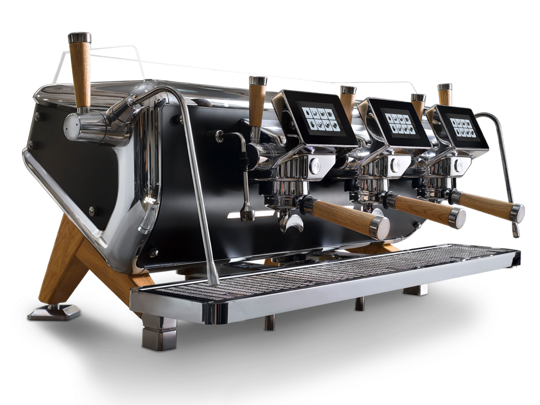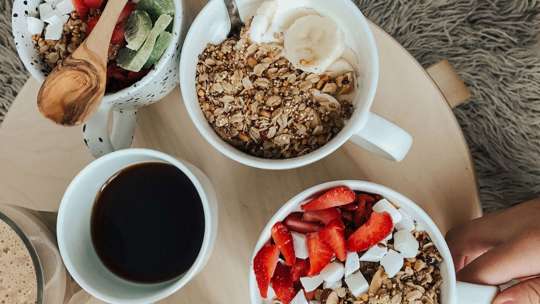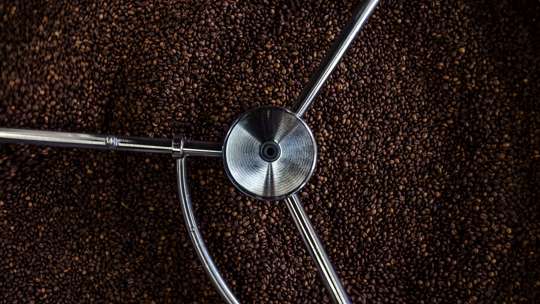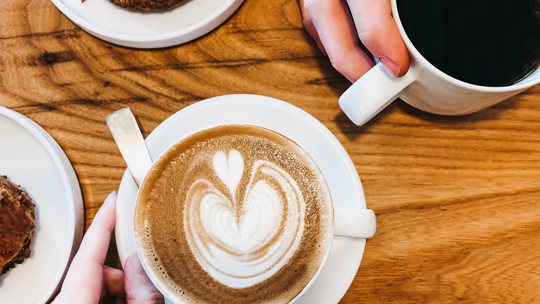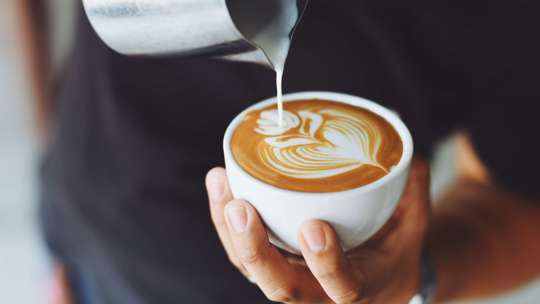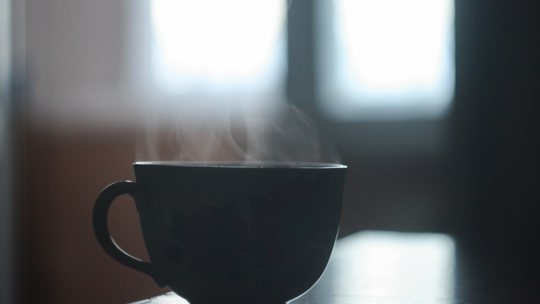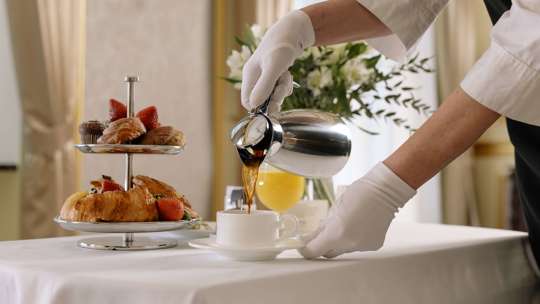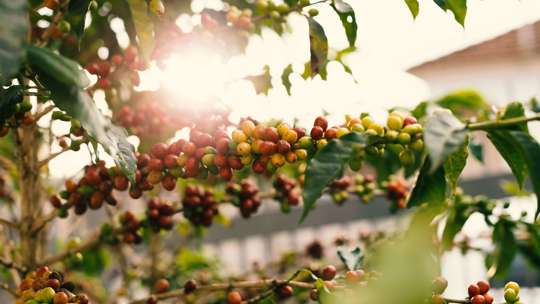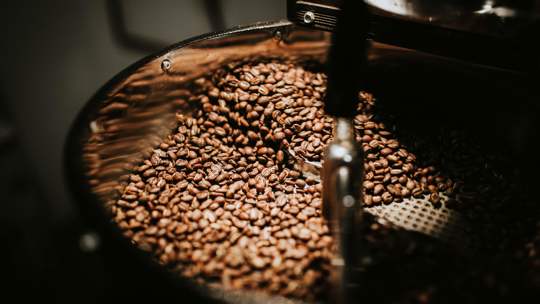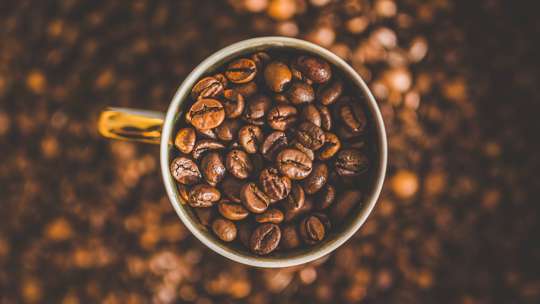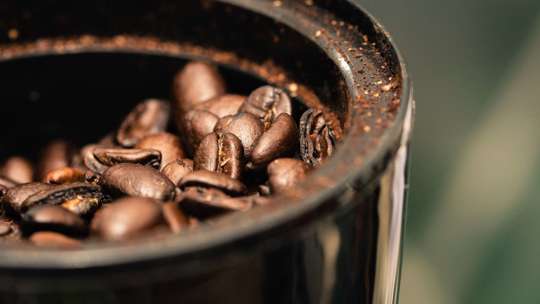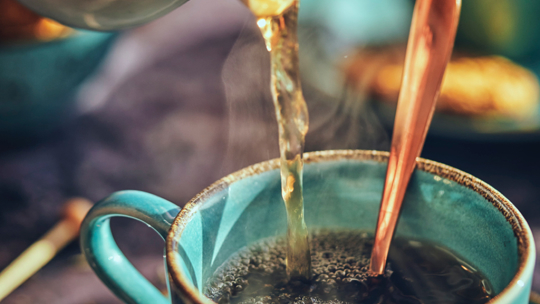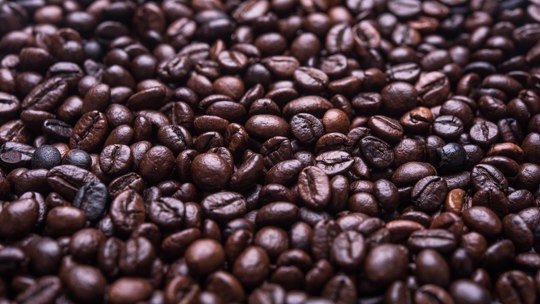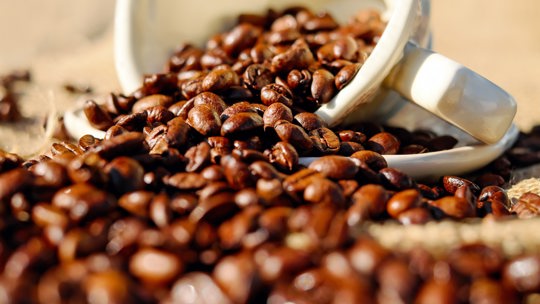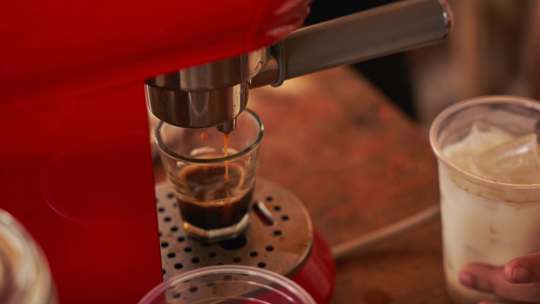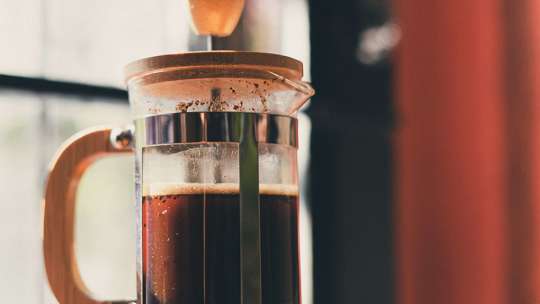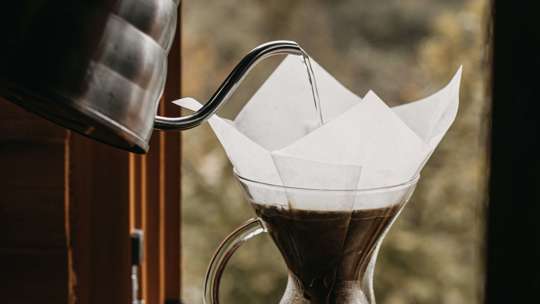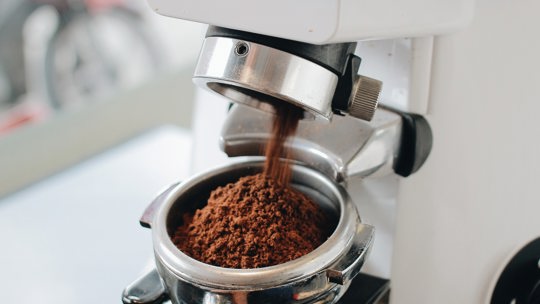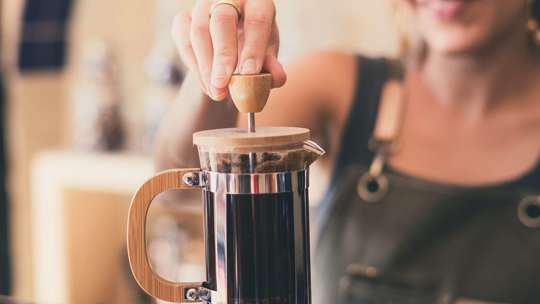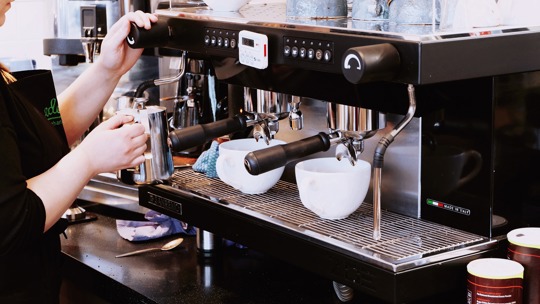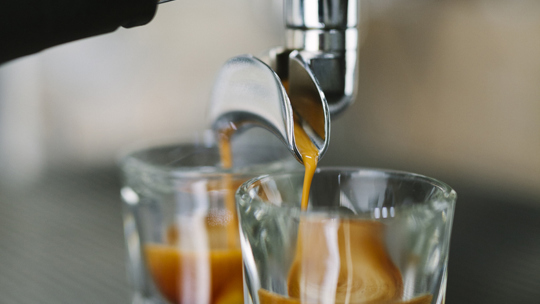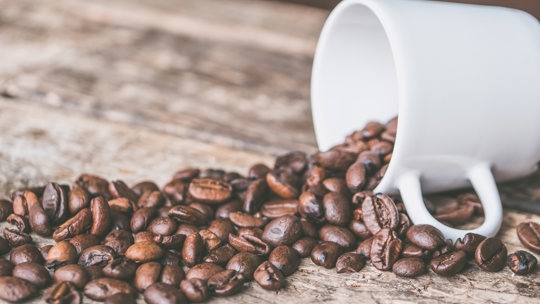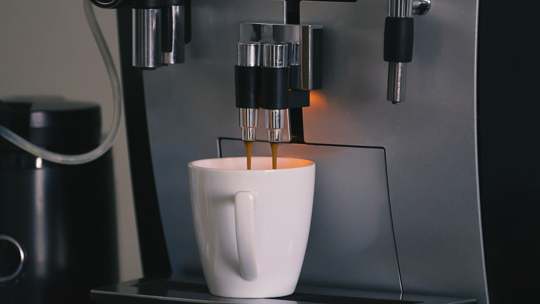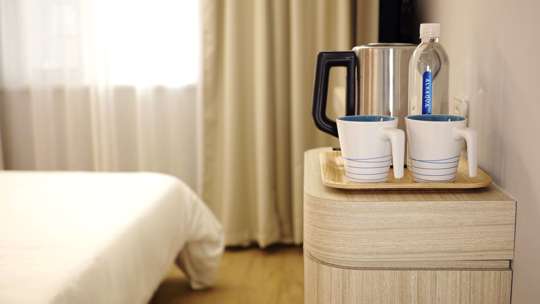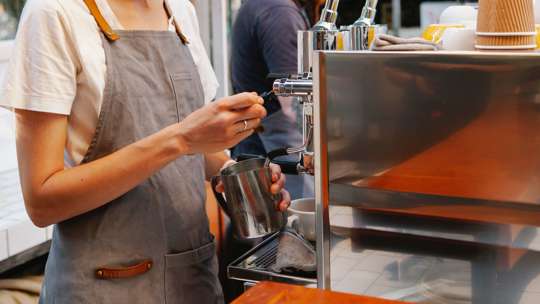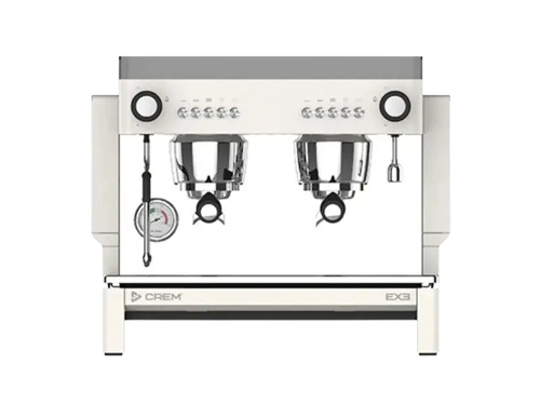
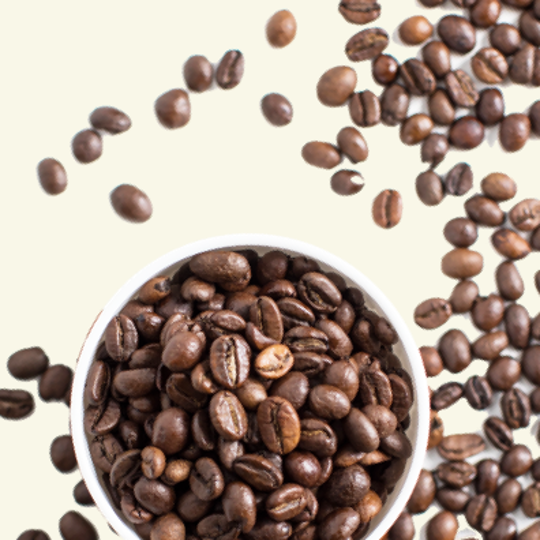
How To Keep Coffee Beans Fresh Longer
Find out about how to keep your coffee beens fresher for longer.
View Our Espresso MachinesIs there anything better than the warm, comforting aroma of freshly brewed coffee filling your kitchen? That rich, complex scent we know and love is part of what makes real, high quality coffee so special. It feels homely, inviting, and deliciously familiar. But as any coffee lover knows, coffee beans can lose their wonderful flavour and aroma far too quickly if they aren’t stored with care.
Without proper storage, coffee can go stale, flat, or even develop unpleasant flavours, losing the taste and smell that makes coffee brewing so magical. However, don’t worry too much if this is something that keeps happening to you; you can protect your beans and enjoy a fresher, more satisfying cup every time with just a few simple steps. This practical guide from Café du Monde will walk you through the best ways to preserve flavour, aroma, and quality in your coffee at home or in your café.
The Four Enemies of Coffee Freshness
So the biggest question for any coffee lover is how to keep coffee beans fresh longer, and to understand that, we have to look at what makes coffee beans go stale.
Air (Oxygen):
Oxygen is one of the biggest threats to fresh coffee. Once roasted, coffee beans begin to oxidise as soon as they are exposed to air. This process quickly breaks down the oils and aromatic compounds that give coffee its rich, complex flavour, leaving you with a stale, flat cup. That’s why storing beans in an airtight container is crucial to slow down oxidation and preserve their freshness for longer.
Moisture (Humidity):
Coffee is highly hygroscopic, meaning it absorbs moisture from its surroundings. Excess humidity can cause the beans to lose flavour and even develop mould, ruining their quality. Many people think storing coffee in the fridge or freezer is a good idea, but these environments can cause condensation each time the beans are taken out, introducing moisture and accelerating staleness. For short-term storage, it’s best to keep your beans dry and at room temperature instead.
Light (UV Rays):
Light, especially direct sunlight or harsh artificial lighting, can damage the delicate aromatic oils in coffee. UV rays break down flavour compounds, leading to a dull, lifeless brew. To prevent this, store your beans in an opaque, light-blocking container kept away from bright windows or spotlights.
Heat (Temperature Fluctuations):
Heat speeds up the breakdown of coffee’s natural oils, making it stale much more quickly. Fluctuations in temperature, for example, storing coffee near the oven or in a warm cupboard, can make this worse. The ideal storage temperature is cool but stable, around 15-20°C (59-68°F). A consistent, room-temperature environment is perfect for keeping your coffee beans fresh.
Best Practices for Storing Coffee Beans
Keeping your beans fresh isn’t complicated, but it does take a few mindful steps. Here’s how to make sure every cup tastes as good as it should.
Whole Beans Are Best
If you want to protect the complex flavours and aromas of your coffee, buy whole beans and grind them just before brewing. Grinding increases the surface area exposed to oxygen, meaning flavours deteriorate faster. Keeping your beans whole preserves their quality for weeks longer.
Choose the Right Container
Storage containers make a huge difference. The best options are airtight, opaque containers made of ceramic, dark glass, or stainless steel. These block out light, seal out oxygen, and maintain a stable environment for your beans.
As a general rule, avoid clear containers, as they expose coffee to harmful light. Consider specialised coffee canisters with one-way valves, which let carbon dioxide escape after roasting while keeping oxygen from getting in.
Ideal Storage Location
Where you place your beans matters as much as the container you use. The ideal storage spot is a cool, dark, dry place (like a pantry or cupboard) away from direct sunlight, ovens, or other heat sources. Many people store coffee in the fridge, but that’s generally a bad idea. Refrigerators are humid, which can lead to condensation and spoilage, and coffee can easily absorb unwanted food odours.
Freezing Coffee Beans (For Longer Term Only)
Freezing coffee can be an option if you buy in bulk and want to store beans for months at a time. However, there are some cautions:
-
Always use airtight, moisture-proof packaging, such as a vacuum-sealed bag.
-
Remove only what you need and allow the beans to come fully to room temperature before opening to avoid condensation.
-
Be mindful of freezer burn, which can damage the delicate oils that give coffee its flavour.
Keep Beans Away from Strong Odours
Coffee is highly absorbent and will pick up strong smells from nearby spices, cleaning products, or even other foods. Keep your coffee away from powerful odours to preserve its authentic, natural profile.
Tips for Maximising Freshness
Keeping your coffee at its absolute best starts long before it ever reaches your cup. Here’s how to make sure every single sip lives up to its potential:
Buy Freshly Roasted
Always start with beans that are roasted fresh. At Café du Monde, we’re committed to sourcing and roasting premium-quality coffee that’s delivered at its peak. Freshly roasted beans offer richer flavours and deeper aromas, giving you the best foundation for an exceptional coffee.
Buy What You Need
Buy smaller amounts of coffee more frequently. This ensures you’re always working with beans at their freshest.
Grind on Demand
Grinding only what you need, right before you brew ensures that whole beans hold on to their complex flavours and aromas far longer.
Use Within Recommended Timeframe
Aim to use your coffee within 2-4 weeks after roasting. After that, while still drinkable, the flavours will begin to fade and lose their vibrancy.
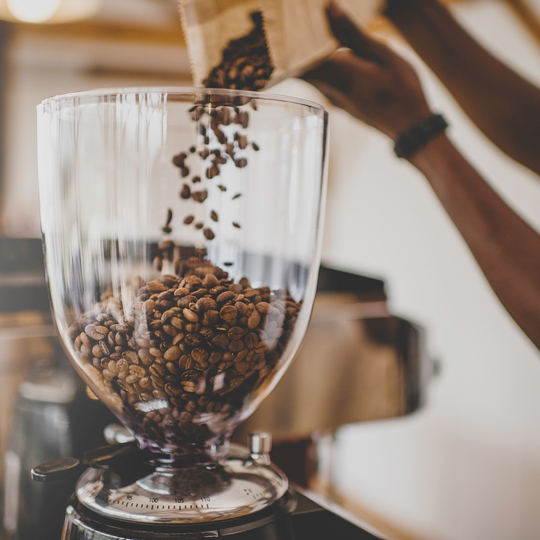
Browse Our Shop
We hope we’ve imparted a little bit of our coffee wisdom onto you and trouble-shot one of those pesky coffee questions. Ultimately, by following our tips, you’ll ensure your coffee stays fresh, aromatic, and bursting with flavour, just as it should.
To learn more about beans, brewing and all things coffee, check out our other blogs.
